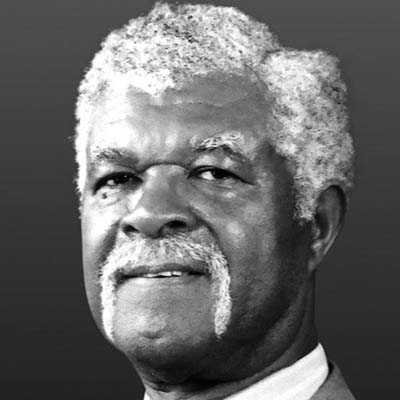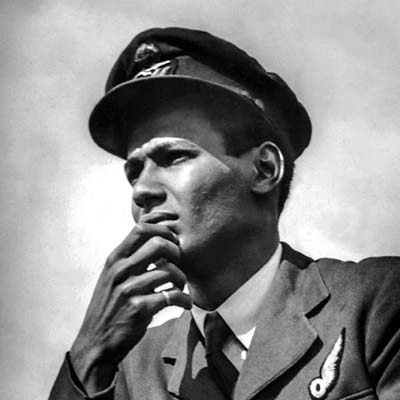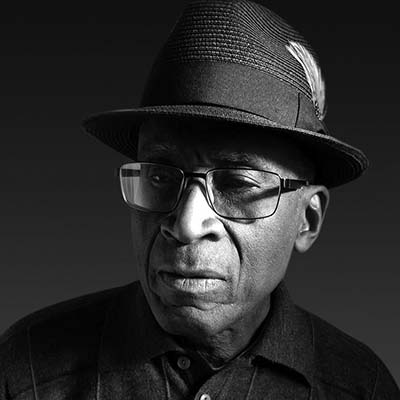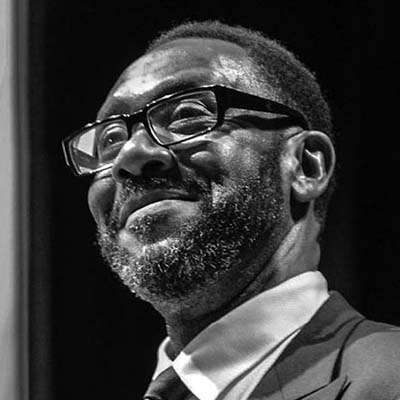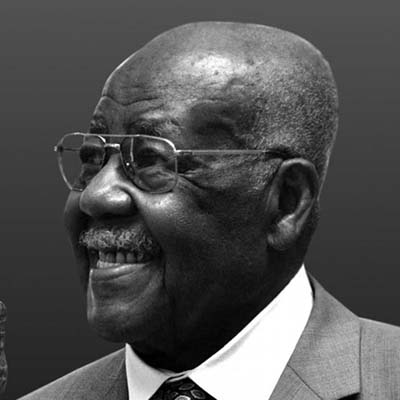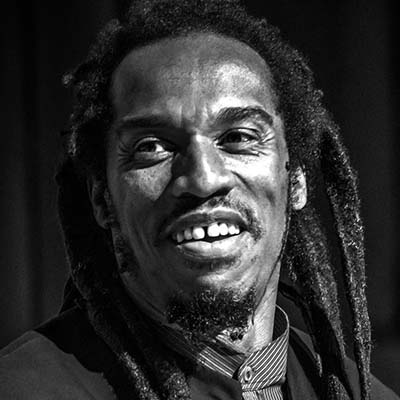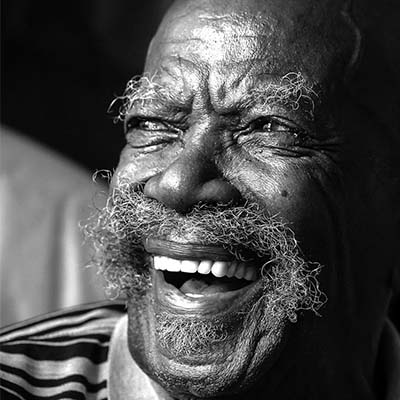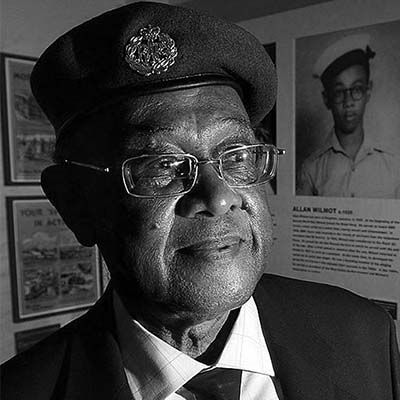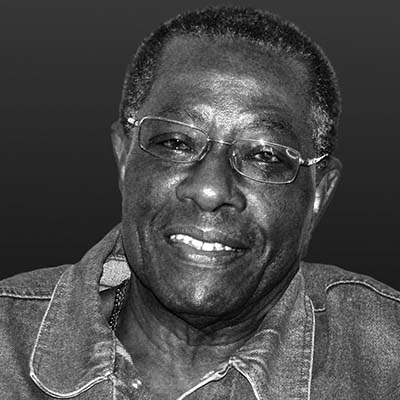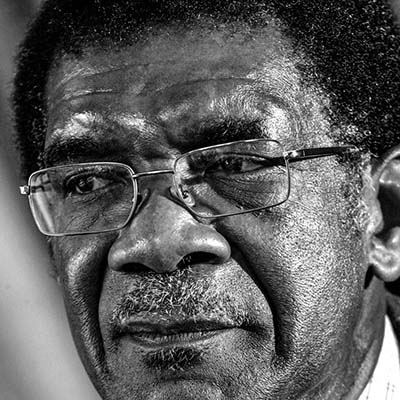RUDY NARAYAN

Firebrand lawyer Rudy Narayan was never far from controversy as he led a crusade against racism in the criminal justice system
1938-1998
Share this:
He studied at Lincoln’s Inn, where he was founder and first president of the Bar Students’ Union. He was widely recognised as a phenomenal advocate and took the lead in several high-profile trials such as the Thornton Heath 10, Cricklewood 11 and Bradford 12, as well as cases related to the Brixton and Bristol riots of the 1980s. The radical barrister Michael Mansfield once wrote that Narayan “should have been the first black QC”.
He was a founder of the Afro-Asian and Caribbean Lawyers Association with Sibghat Kadri in 1969, which was later renamed the Society of Black Lawyers. He was also the first chair of the influential Lambeth Law Centre.
Rudy protested against what he saw as the racism of the criminal justice system and faced his first disciplinary hearing in 1974. He was reprimanded in 1980 for being discourteous to a judge. In 1982 he was acquitted of professional misconduct after claiming in a press statement that the Attorney General and the Director of Public Prosecutions were in “collusion with the National Front and fanning the flames of racial hatred” (although he was suspended for six weeks for other infractions).
Nevertheless, his complaints led to the creation of the Bar Council’s Race Relations committee in 1984, and an amendment to the Race Relations Act to prohibit race discrimination in the legal pr ofession. He was disbarred after his fifth disciplinary tribunal.
Rudy was elected as a Labour Party councillor to Lambeth council in 1974, where he served one term. He went on to be selected as the Labour candidate for Birmingham Handsworth in the 1983 general election but his selection was overturned and Clare Short was selected in his place.
A prolific writer, his books included, Black Community on Trial (1976), Black England (1977), and Barrister for the Defence (1985). He also wrote an eight-part drama series, Black Silk, based on his life and which was broadcast in 1985 on BBC television.
Check out more of our Pioneers and Champions
Privacy Policy | Registered charity number: 1159291 | Copyright © 2024 Windrush 70 | Design: ATOMIC CONCEPTS

